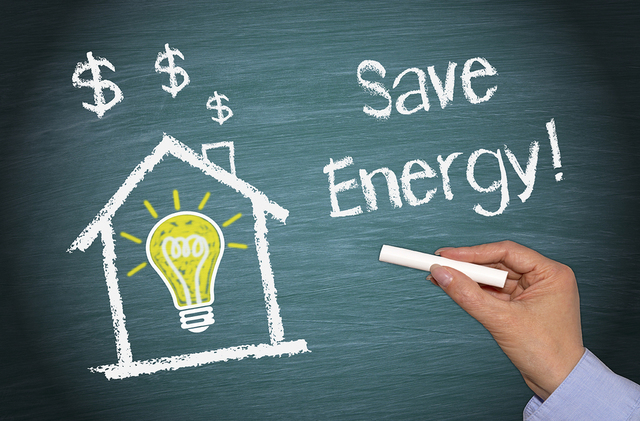Are you tired of high electricity bills and looking for ways to save money?
One solution may be to start tracking your energy consumption. By understanding how much energy you use and where you use it, you can take steps to reduce your consumption and lower your costs.
In this blog, we will discuss the benefits of tracking your energy consumption and provide simple and easy to understand examples on how to do it.
Why is it important to track your energy consumption?
One of the main benefits of tracking your energy consumption is that it allows you to identify areas where you can reduce your usage and lower your costs. For example, you may discover that you are using a lot of energy during peak hours when the rates are higher. By making simple adjustments, such as turning off lights and appliances during these hours, you can lower your energy costs.
Another benefit of tracking your energy consumption is that it helps you identify appliances and devices that are using a lot of energy. For example, you may discover that your air conditioner or refrigerator is using a lot of energy. By upgrading to energy-efficient models or using smart power strips to control the power usage, you can lower your energy costs.
Tracking your energy consumption can also help you identify patterns in your usage. For example, you may find that you use a lot of energy during the evenings when you are home. By making simple adjustments, such as turning off lights and appliances when you are not using them, you can lower your energy costs.
How can you track your energy consumption?
One way to track your energy consumption is by using a smart meter. Smart meters are devices that are installed by your energy provider that measure your energy usage in real-time. By using a smart meter, you can see how much energy you are using, when you are using it, and how much it is costing you. With this information, you can take steps to reduce your consumption and lower your costs.
Another way to track your energy consumption is by using a monitoring device. There are various monitoring devices available on the market that can be plugged into your appliances and devices to track their energy usage. With this information, you can see which appliances and devices are using the most energy and take steps to reduce their usage.
You can also track your energy consumption by using an energy tracking app on your smartphone. These apps allow you to track your energy usage, see your bills, and monitor your consumption in real-time. Additionally, many of these apps also provide tips on how to reduce your energy consumption and lower your costs.
To illustrate the above, let’s take an example of a family of 4 living in a 2BHK apartment. By tracking their energy consumption, they found out that their air conditioner was the main energy consumer, they decided to use a programmable thermostat to control the temperature when they were not at home, and also implemented a rule of turning off the air conditioner when they left the house, in a year they managed to save around 20% of their energy bill.
Another example, a small business owner found out that his lighting systems were consuming more energy than needed, by switching to LED lights and using motion sensors to control the lighting, he managed to save around 30% of his energy bill.
How reducing energy consumption reduces your carbon footprint?
Reducing energy consumption can have a direct and significant impact on reducing your carbon footprint. Energy consumption is a major contributor to carbon emissions, and by using less energy, you are reducing the amount of greenhouse gases that are released into the atmosphere.
When energy is consumed, it typically results in the burning of fossil fuels such as coal, oil, and natural gas. These fuels emit carbon dioxide and other greenhouse gases when they are burned, contributing to climate change. Therefore, by reducing the amount of energy consumed, the amount of these emissions is also reduced.
Additionally, by reducing energy consumption, you may also be reducing your dependence on fossil fuels, and instead using more renewable energy sources, such as solar, wind or hydro power which are much cleaner and don’t emit any greenhouse gases. Furthermore, by reducing energy consumption, you can also reduce the need for new power plants and the associated infrastructure, which can also have a positive impact on the environment. Overall, reducing energy consumption is an effective way to reduce carbon footprint and help mitigate the effects of climate change.
In conclusion, tracking your energy consumption can be a great way to save money on your energy bill in India. By understanding how much energy you are using and where you are using it, you can take steps to reduce your consumption and lower your costs. Whether you choose to use a smart meter, monitoring device, or energy tracking app, tracking your energy consumption is easy and can provide significant savings. Not just that, it also reduces your carbon footprint and helps the environment. So start tracking your energy consumption today and see how much you can save!




